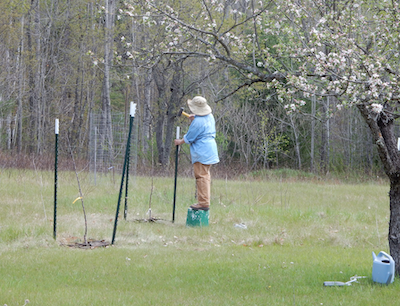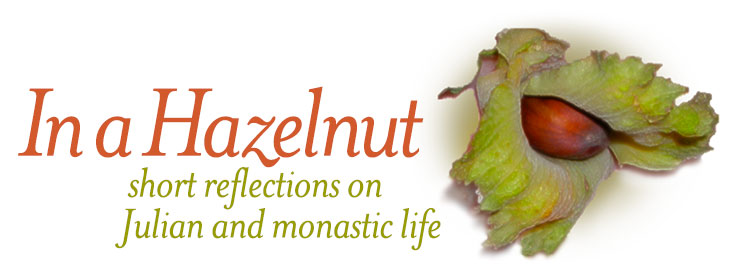Corpus Christi
The Buddhist teacher Charlotte Joko Beck asks her students, “How do we place our cushions? How do we brush our teeth? How do we sweep the floor, or slice a carrot? We think that we are here to deal with more important issues, such as problems with our partners, our jobs, our health, and the like. We don’t want to bother with the little things, like how we hold our chopsticks, or where we place our spoons. Yet these acts are the stuff of our life, moment to moment. It’s not a question of importance, it’s a question of paying attention, being aware. Why? Because each moment in life is absolute in itself. That’s all there is.”
I’m quoting a Buddhist to speak about the Body of Christ because she gets so well at the truth that our awareness of the Incarnation of Jesus is meant to become pervasive, explicit to the point of realizing the totality of our life as saturated with the Divine. That is what this feast celebrates, God in Christ again and again humbly revealing God’s self in the most common of matter for the sake of love. This is why we live the shape of life that we do: the whole monastic project is focused on learning to discern this Body, seeking and finding Jesus in the midst of the ordinary—especially in our neighbors.
God has fixed it so that our salvation requires a relationship with common stuff, and relationship with other persons constituted by this stuff, the Body of Christ, the communion of saints. St Paul writes to a wounded church of the necessity of properly discerning the Body of Christ present in the common table fellowship of the Eucharist, and no less present in our Christian brothers and sisters. The ministry of reconciliation demands that we go further still and discern the Body of Christ as he presents himself to us in every human being. Whether they advert to it explicitly or not, this is what our friends demonstrating in the streets over the last year are getting at.
The mercy of God is such that we get to cooperate in our own healing—what we do has something to say about what we become. So we have asked God to “grant us so to venerate the sacred mysteries of his Body and Blood, that we may ever perceive within ourselves,” and within others, “the fruit of his redemption.”

Recent Issues
January 2025
September 2024
May 2024
March 2024
February 2024
January 2024
December 2023
November 2023
October 2023
July 2023
May 2023
January 2023
December 2022
October 2022
September 2022
July 2022
May 2022
April 2022
March 2022
January 2022
December 2021
November 2021
October 2021
June 2021
May 2021
April 2021
February 2021
January 2021
December 2020
October 2020
September 2020
August 2020
July 2020
June 2020
May 2020
April 2020
March 2020
February 2020
January 2020
December 2019
November 2019
October 2019
September 2019
August 2019
July 2019
May 2019
April 2019
March 2019
January 2019
December 2018
November 2018
October 2018
September 2018
August 2018
July 2018
June 2018
May 2018
April 2018
March 2018
February 2018
January 2018
December 2017
November 2017
October 2017
September 2017
June 2017
May 2017
April 2017
March 2017
February 2017
January 2017
December 2016
November 2016
October 2016
September 2016
August 2016
July 2016
June 2016
May 2016
April 2016
March 2016
February 2016
January 2016
December 2015
November 2015
October 2015
September 2015
August 2015
July 2015
June 2015
May 2015

